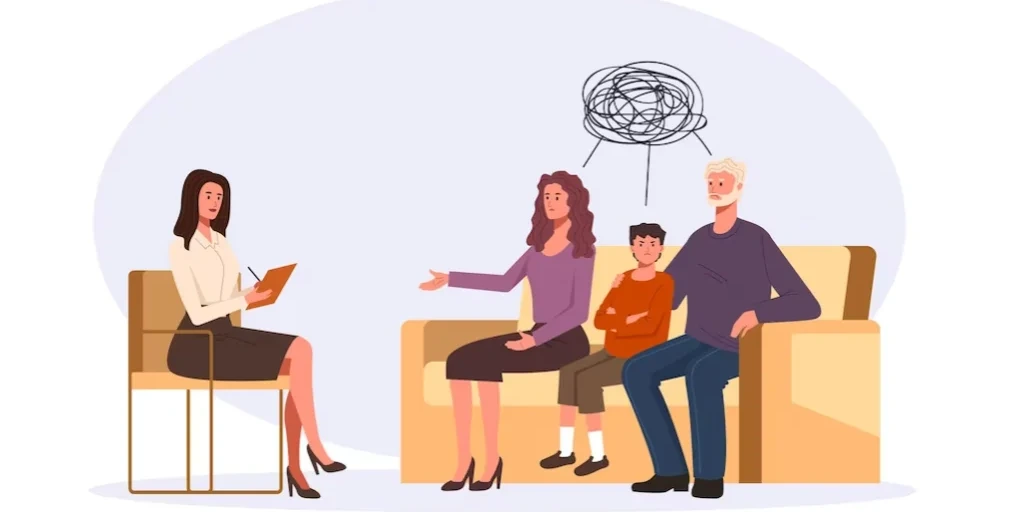24/7 Helpline:
(866) 899-111424/7 Helpline:
(866) 899-1114
Learn more about PTSD Treatment centers in Chagrin Falls
PTSD Treatment in Other Cities

Other Insurance Options

PHCS Network

Excellus

Coventry Health Care

Health Net

GEHA

WellPoint

Evernorth

BlueShield

State Farm

Self-pay options

Group Health Incorporated

EmblemHealth

Lucent

Regence

Optima

UMR

CareFirst

Sutter

Private insurance

Amerigroup











